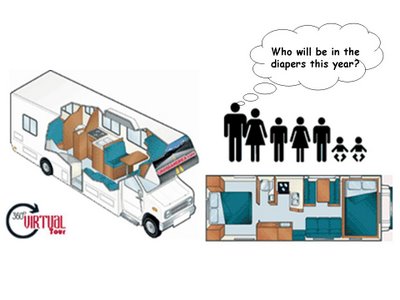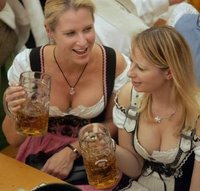 Halloween is a tradition celebrated on the night of October 31, most notably by children dressing in costumes and going door-to-door collecting sweets. It is celebrated in parts of the Western world, though most commonly in the United States, Canada, the UK, Ireland, Puerto Rico, and with increasing popularity in Australia and New Zealand. Halloween originated among the Celts in Ireland, Britain and France[1] as the Pagan Celtic harvest festival, Samhain. Irish, Scots, Calan Gaeaf in Welsh and other immigrants brought versions of the traditions to North America in the 19th century. Most other Western countries have embraced Halloween as a part of American pop culture in the late 20th century.
Halloween is a tradition celebrated on the night of October 31, most notably by children dressing in costumes and going door-to-door collecting sweets. It is celebrated in parts of the Western world, though most commonly in the United States, Canada, the UK, Ireland, Puerto Rico, and with increasing popularity in Australia and New Zealand. Halloween originated among the Celts in Ireland, Britain and France[1] as the Pagan Celtic harvest festival, Samhain. Irish, Scots, Calan Gaeaf in Welsh and other immigrants brought versions of the traditions to North America in the 19th century. Most other Western countries have embraced Halloween as a part of American pop culture in the late 20th century. The term Halloween, and its older spelling Hallowe'en, is shortened from All-hallow-even, as it is the evening before "All Hallows' Day"[2] (also known as "All Saints' Day"). In Ireland, the name was All Hallows' Eve (often shortened to Hallow Eve), and though seldom used today, it is still a well-accepted label. The holiday was a day of religious festivities in various northern European Pagan traditions, until Pope Gregory III moved the old Christian feast of All Saints Day to November 1 to give Halloween a Christian interpretation . Halloween is also called Pooky Night in some parts of Ireland, presumably named after the púca, a mischievous spirit.
Halloween is often associated with the occult. Many European cultural traditions hold that Halloween is one of the liminal times of the year when the spiritual world can make contact with the physical world and when magic is most potent (e.g. Catalan mythology about witches, Irish tales of the Sídhe).







